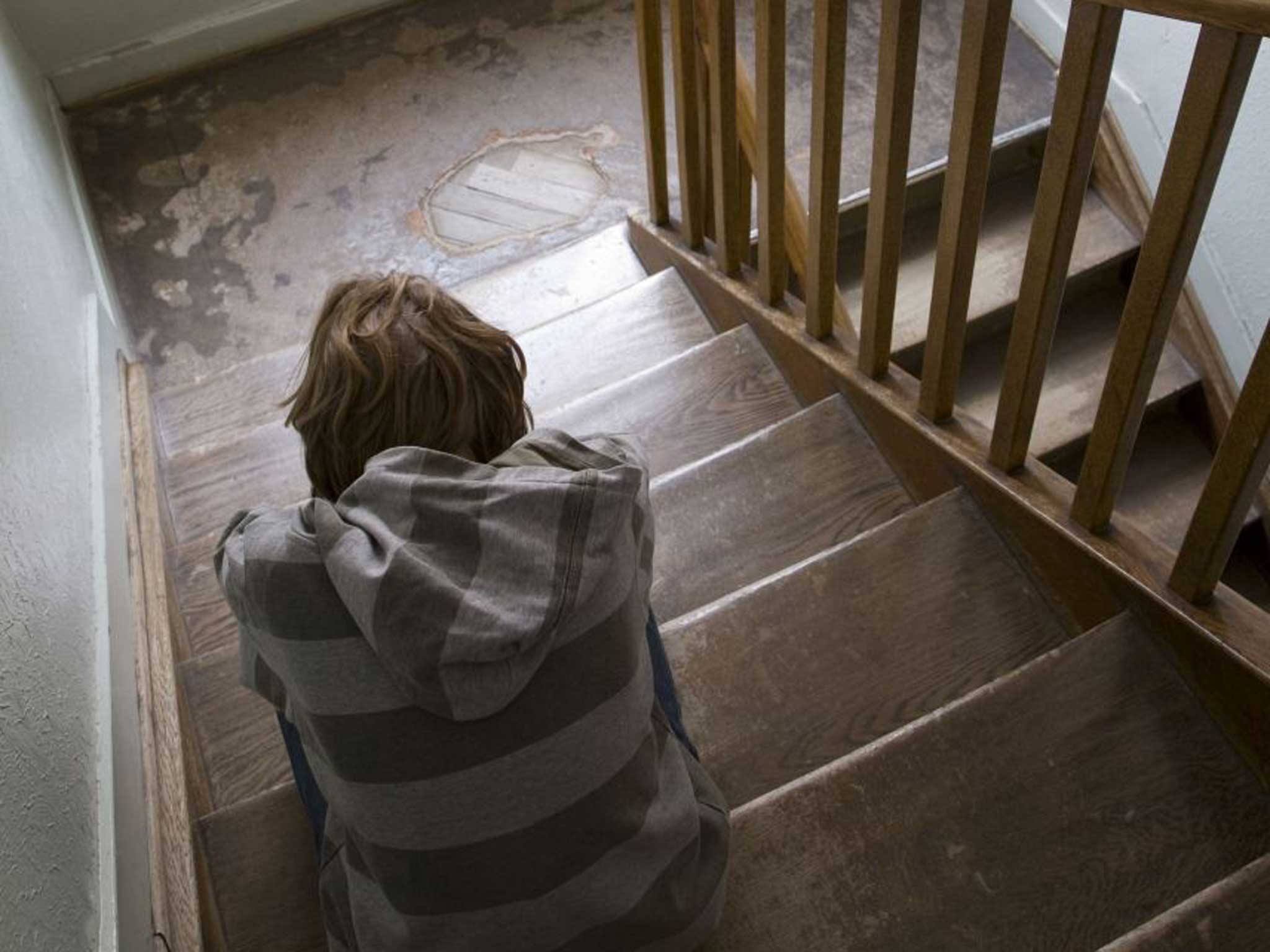Vulnerable children being locked up in B&Bs and caravans, report finds
Youngsters aged just 10 made 'completely invisible' due to lack of spaces in formal secure settings, warns children's commissioner

Vulnerable children are being locked up in B&Bs and caravans as swingeing funding cuts mean local councils are unable to place them in formal care settings, critics have warned.
Hundreds of those affected – some as young as 10 – who are at risk of exploitation are becoming “completely invisible”, as they are incarcerated in unregulated accommodation due to a lack of secure places, the children’s commissioner said.
Local authorities are successfully applying for permission from the courts to detain at-risk children who cannot be placed in secure children’s homes – of which there are currently 14 across England – due to a shortage of spaces.
The courts are able to grant permission under a “complicated” law which has led to more than 200 children who are at risk of running away – often relating to county lines activity and other forms of child exploitation – being detained in unauthorised settings with little or no oversight, according to the research.
Information on where they are placed is not available, raising concerns about a “lack of transparency”. The report cites cases where these children have been locked up in hospitals, residential special schools, and even B&Bs and caravans, without appropriate legal safeguards.
Commissioner Anne Longfield said the “messy” child detention system in England meant the state “often lacked very basic information about who all these children are, where they are living and why they are there”.
The findings have prompted outrage, with campaigners saying it is “incomprehensible” that so many vulnerable children could “simply be lost” and calling for greater transparency in the system.
Figures obtained for the report by the Children and Family Court Advisory and Support Service (Cafcass) show there were 211 children for whom applications were made to courts to deprive them of their liberty during 2017-18.
Ms Longfield said: “Shockingly, we found over 200 children who would have remained completely invisible in the national data had we not asked about them.
“Locking children up is an extreme form of intervention. We are spending millions of pounds on these packages of care and yet there is far too little oversight of why they are there, their journeys into this system and the safeguards in place to protect them once they are there.
“These children are some of the most vulnerable and have often repeatedly been let down by the state earlier in their lives, in some cases turned away from foster homes or excluded from school.”
Councils admitted that while they “worked hard” to make sure placements provided support to children in need, a rise in demand and cuts to funding meant they did not have the necessary resources to provide the “necessary support” to youngsters at risk.
Councillor Anntoinette Bramble, chair of the Local Government Association’s (LGA) children and young people board, said: “Any decision to deprive a child of their liberty is taken extremely seriously, and only made in cases where there is no other option available to protect that child or those around them.
“However, with significant rises in demand for urgent child protection work and a £3.1bn funding gap facing children’s services by 2025, councils do not have the funding they need to intervene early and provide the necessary support to children at risk and their families before it becomes a much more serious and complex problem.”
Helen Donohoe, assistant director at children’s charity Article 39, said children were being “locked away, hidden from view and kept on the edge of society for far too long”.
“We know that human rights abuses are common and data collection is inadequate, but it is incomprehensible that so many vulnerable children can simply be lost,” she added.
Anna Edmundson, policy and public affairs manager at the NSPCC, said: “Depriving a child of their liberty is an extremely grave decision to make and one that must fully consider the young person’s welfare.
“If a child is lost in the system there is no way of knowing what harm they could come to behind closed doors, no oversight of their care and no information on whether their basic needs are being met.
“It’s clear that improvements are needed to record and monitor what happens to these children, as well as greater transparency throughout the system.”
The commissioner also found that, in official child detention settings, 1,465 under-18s were securely detained last year, comprising 873 held in youth justice settings, 505 in mental health wards and 87 in secure children’s homes.
The report said: “Adding up the cost of the placements for these children is a stark reminder of the price of social failure: We estimate that we spend around £309m a year on these 1,465 children in England.”
A government spokesperson, said: “The welfare of children is of paramount importance when deciding whether to detain a child – whether that be for criminal reasons or for their own safety.
“The number of children in youth custody has fallen by over 70 per cent in the last decade and we are completely changing our approach by investing in Secure Schools that will put education at its heart. We are providing £40m of funding to improve facilities and expand capacity in secure children’s homes.”
Join our commenting forum
Join thought-provoking conversations, follow other Independent readers and see their replies
Comments
Bookmark popover
Removed from bookmarks